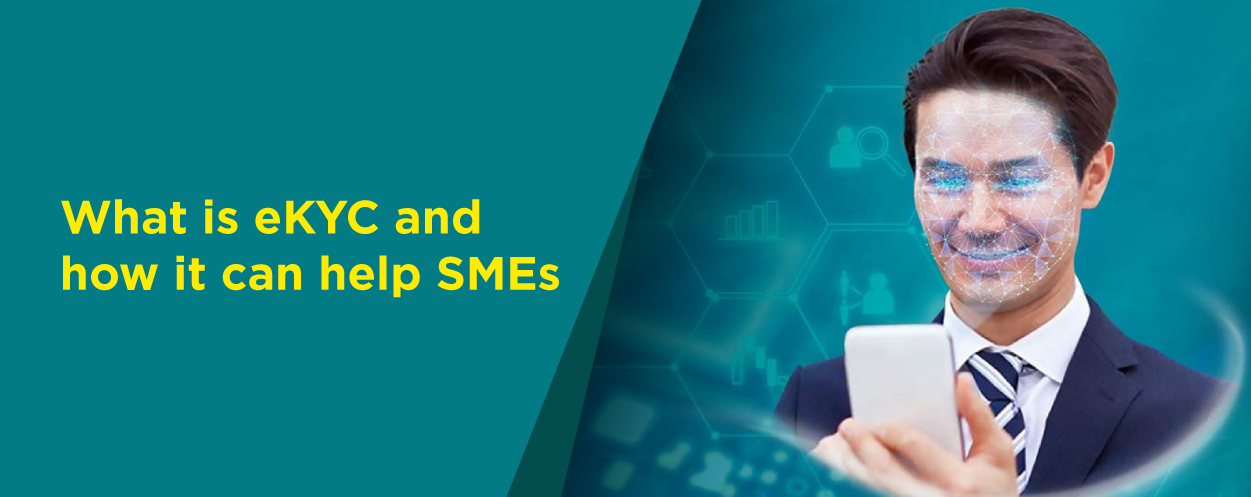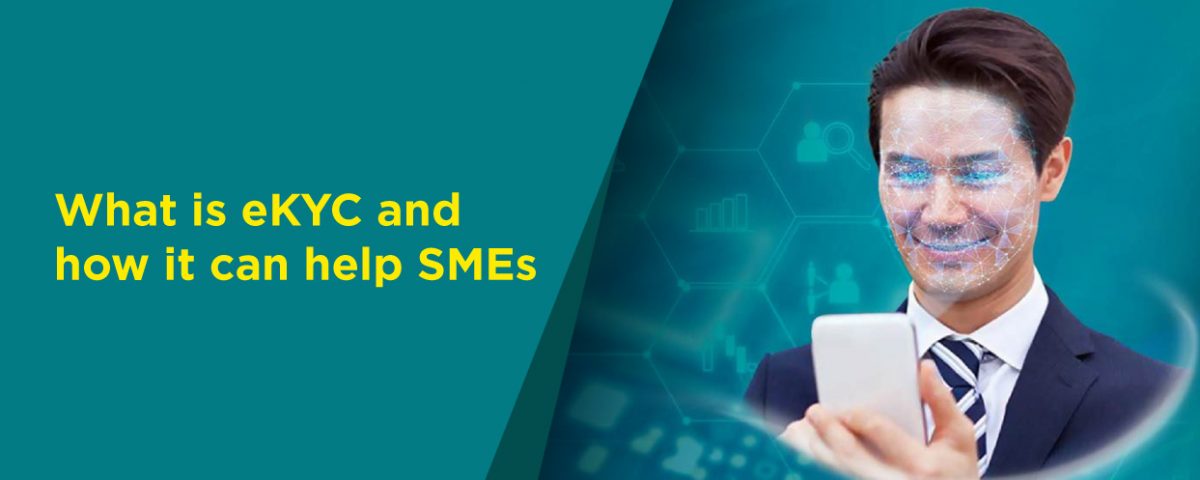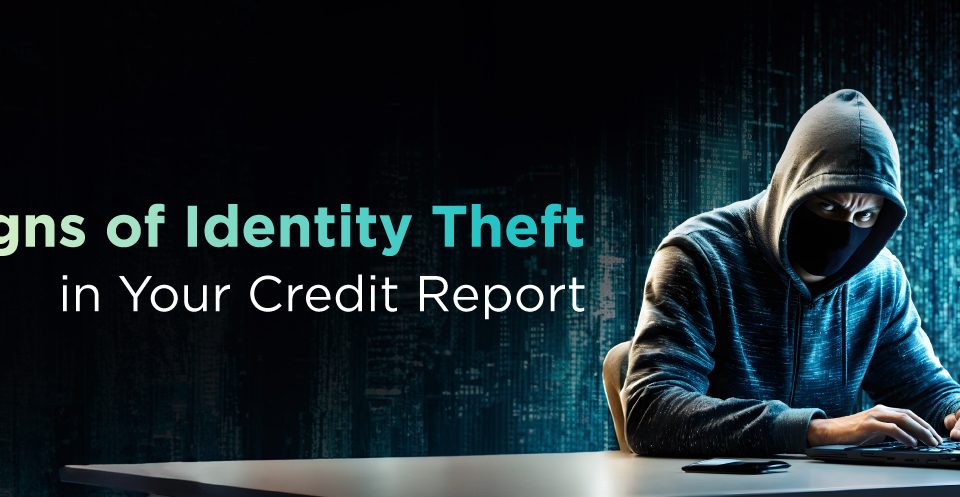
Know Your Customer (KYC) is important for every business. With the rise of anti-money laundering (AML) and countering terrorism financing (CFT) regulations, even non-financial institutions need to implement KYC measures.
One tool rapidly transforming the regulatory compliance landscape is electronic Know Your Customer (eKYC).
What is eKYC?
The KYC process verifies the identity of customers, agents, consultants, or distributors before they are onboarded. Its purpose is to ensure the legitimacy of their funds, as well as to assess the risk of money laundering, fraud, corruption, and terrorist financing.
The development of eKYC is made possible due to high-quality smartphone cameras, fast internet speeds, and AI processing. eKYC is the KYC process brought into the digital age as a remote, paperless process that minimises cost, bureaucracy, and disruption in a traditional KYC process.
The customer is no longer needed to be present physically for eKYC. The process can also be completed on the business end with a minimal amount of staff and processing. Hence, financial and non-financial institutions are increasingly adopting eKYC due to its ease of implementation and range of benefits, for both the business and the customer.
Why is KYC Important?
With AML and CFT rules becoming more stringent, SMEs need to ensure that they stay compliant with these rules. If not, they may find themselves becoming an unintentional victim. Bad actors may use a fraudulent identity to conduct transactions. They may also use the business as a channel for money laundering without the management’s knowledge.
Accordingly, businesses need to go through the process of making sure their client is genuinely who they say they are when conducting business with them. There is also the challenge of scaling a KYC operation that reflects risk, while also being practical and requires minimal disruption, and being able to receive payment for legitimate business activities.
This is where eKYC comes in as a game-changer for businesses to stay compliant with the increasingly strict regulatory climate.
The Benefits of eKYC
- Enhanced Customer Experience
eKYC uses automation and digital verification tools like facial recognition and document analysis to significantly reduce customer onboarding times. This not only translates to enhanced customer satisfaction but also fosters positive first impressions.
- Operational Efficiency and Cost Reduction
Manual KYC involves significant resources, from dedicated personnel to cumbersome infrastructure, as well as checking various data sources. eKYC automates a substantial portion of these tasks, freeing up valuable resources and reducing operational costs.
- Elevated Security and Compliance
eKYC integrates sophisticated data security measures and regulatory compliance tools, mitigating fraud risks and ensuring adherence to changing regulations via regular updates.
- Reputation Management
Customers who are concerned about fraud are more likely to trust your business if procedures like eKYC are in place. In addition, failing to do even basic KYC checks may turn off customers as well as investors, especially those that are concerned about security.
- Convenience and Ease of Use
eKYC search results are displayed in an easy-to-understand format, enabling accept/reject/investigate further decisions at a glance. Additionally, eKYC can be combined with complementary services such as credit checks for greater convenience of onboarding customers.
How eKYC Works
eKYC solutions like CTOS eKYC integrate these benefits in a single online platform for the convenience of both businesses and customers. Through a four-stage verification process, customer onboarding decisions can be made quickly and securely.
The four steps are:
- ID document verification – The customer’s government-issued identification document is scanned and verified for authenticity and data extraction.
- Facial recognition – The customer’s ‘live’ face is compared to the one in the ID document. There’s also the option for live motion, which will require the customer to blink, smile, nod their head and more to determine that there is a real person present.
- Bureau file verification – The information in the ID document is cross-checked with the CTOS database for mismatches, namely MyKad (NRIC) number, name and known addresses.
- Knowledge-based verification – A series of dynamic questions are presented, which will be generated based on the applicant’s actual credit file information and active CCRIS facilities. Responses are checked against known answers to confirm the identity of the person.
With this, businesses can provide a seamless customer onboarding experience while adhering to the highest standards in regulatory compliance.




